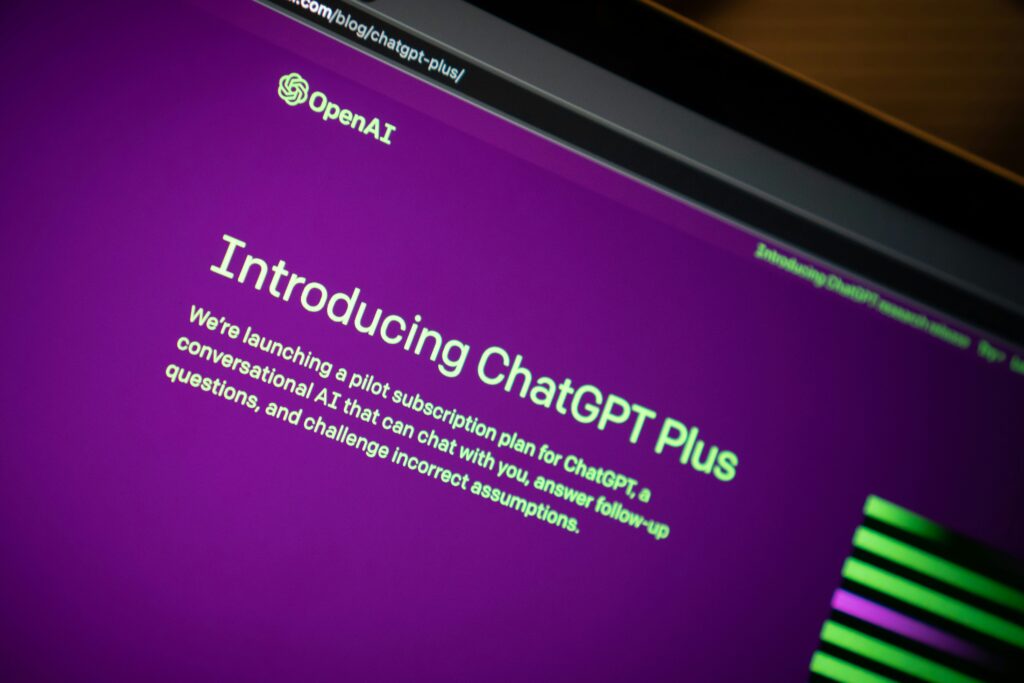Introduction
From answering your queries on customer support to writing emails and booking appointments — AI is no longer just a tool. It is becoming a digital worker. This has raised a powerful question:
Are AI agents the future of how we work, live, and automate tasks?
What is an AI Agent?
An AI agent is a smart program that can think, decide, and act just like a human helper.
It doesn’t just follow fixed instructions — it observes, learns, and takes actions on its own.
Examples:
- A chatbot that solves your doubts
- An app that books your ticket without asking you twice
- A virtual assistant that writes emails, updates Excel sheets, and replies to messages
These are not just tools — they are digital assistants that are getting smarter every day.
Context
In 2025, AI agents like ChatGPT with tools, AutoGPT, Google Gemini Agents, and Microsoft Copilot are helping companies with coding, customer service, recruitment, research, and legal drafting.
They work 24×7, improve themselves with feedback, and perform tasks once done only by humans. But this rise also brings debates about job safety, ethics, and control.
Arguments in Favour (YES – AI Agents are the Future)
-
Work 24×7 without getting tired
They never sleep and don’t need breaks. Perfect for repetitive or time-sensitive tasks. -
Increase productivity and efficiency
Tasks that took hours now take minutes — boosting speed for businesses. -
Learn and self-improve
Modern AI agents get better with time by using real feedback and new data. -
Save money for companies
One agent can do the work of many employees — especially for routine jobs. -
Help humans focus on creative work
While AI does repetitive tasks, humans can focus on ideas, design, strategy, etc. -
Support in critical sectors
AI agents are helping doctors, teachers, and lawyers save time and assist in decision-making. -
Reduce human error
They follow logical rules and avoid mistakes that humans may make due to stress or oversight. -
Empower small businesses
Even startups can now automate tasks like marketing, billing, or replying to emails. -
Work in risky environments
In industries like mining, deep-sea research, or military — AI agents can perform dangerous jobs. -
Make life easier for individuals
AI agents can manage your calendar, order groceries, track fitness, and more — like a digital personal assistant.

Also Read: Can AI Replace Human Creativity?
Arguments Against (NO – AI Agents Have Risks)
-
Job loss for millions
Clerical, customer support, data entry, and other roles are at high risk of being replaced. -
No emotional understanding
AI can’t show empathy or understand personal feelings like a human counselor or manager can. -
Over-dependence on machines
Too much automation may make humans lazy and reduce their problem-solving ability. -
Data privacy issues
AI agents need access to data — which may include private or sensitive information. -
Unpredictable behavior (hallucination)
AI can sometimes give wrong or misleading responses, which can be dangerous in critical fields. -
No legal accountability
If an AI agent makes a mistake, who is responsible — the company, developer, or user? -
Bias and discrimination
If trained on biased data, AI agents may unknowingly support unfair decisions (e.g., hiring, loans). -
Cannot handle complex human situations
AI can’t negotiate, motivate a team, or understand complex emotions in office settings. -
Implementation cost is high
Small businesses may struggle to set up proper AI systems with the right infrastructure. -
Not accessible to everyone
People without tech knowledge or internet access may get left behind.
Balanced Conclusion
AI agents are no longer science fiction — they are already part of our daily work and life.
They offer speed, accuracy, and automation like never before. But to truly benefit from them, humans must remain in control. Regulation, reskilling, and ethical design will be key to making AI agents an ally — not a threat.
Quick Summary
- AI agents are smart digital workers that automate tasks independently.
- They improve productivity, accuracy, and save time — but risk jobs and privacy.
- Future = AI + Human together, not AI alone.
FAQs
Q1. Is ChatGPT an AI agent?
Yes, especially when it uses tools, remembers tasks, or automates steps — it acts as a basic AI agent.
Q2. Which companies use AI agents today?
Firms like Google, Microsoft, Amazon, and even Indian startups are using AI agents in customer service, HR, coding, and data management.
Q3. Will AI agents replace humans completely?
No — but they may replace some repetitive jobs. New jobs will also be created in training, monitoring, and improving these agents.

